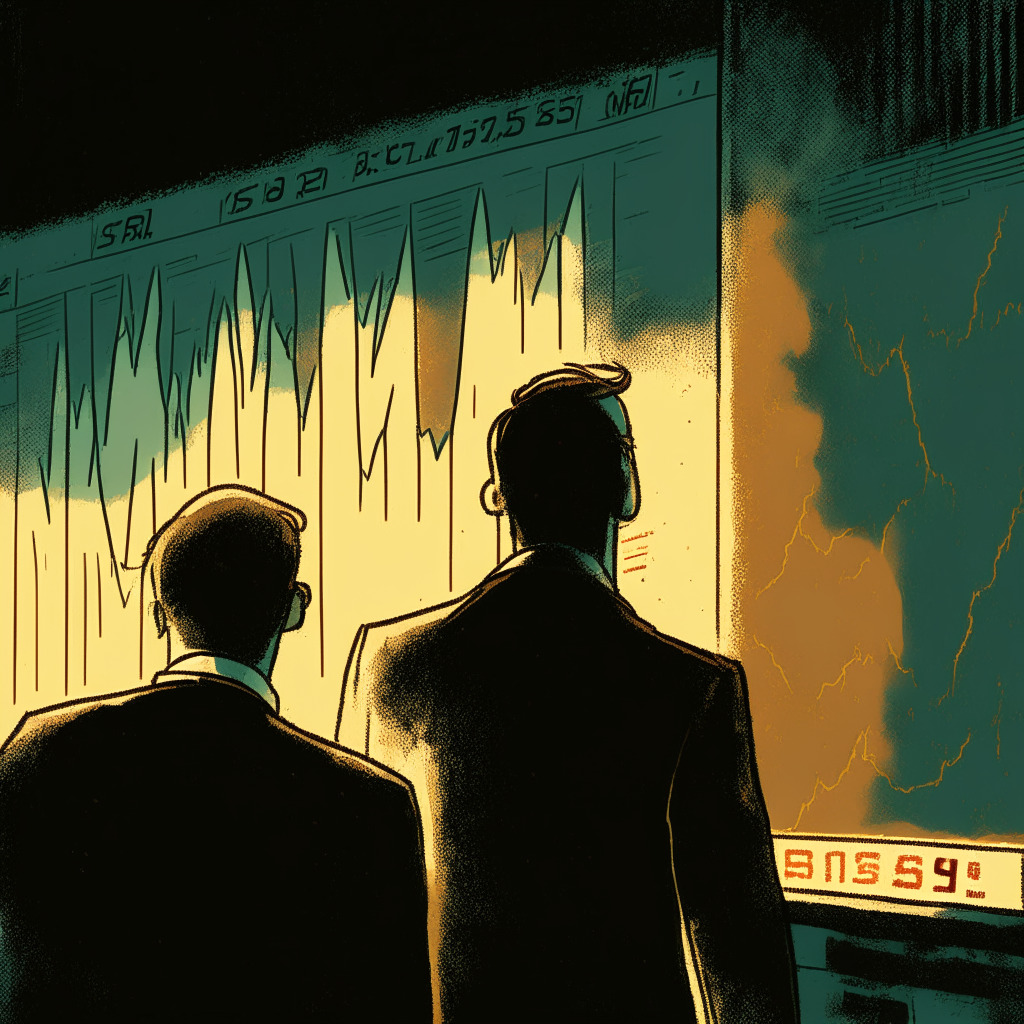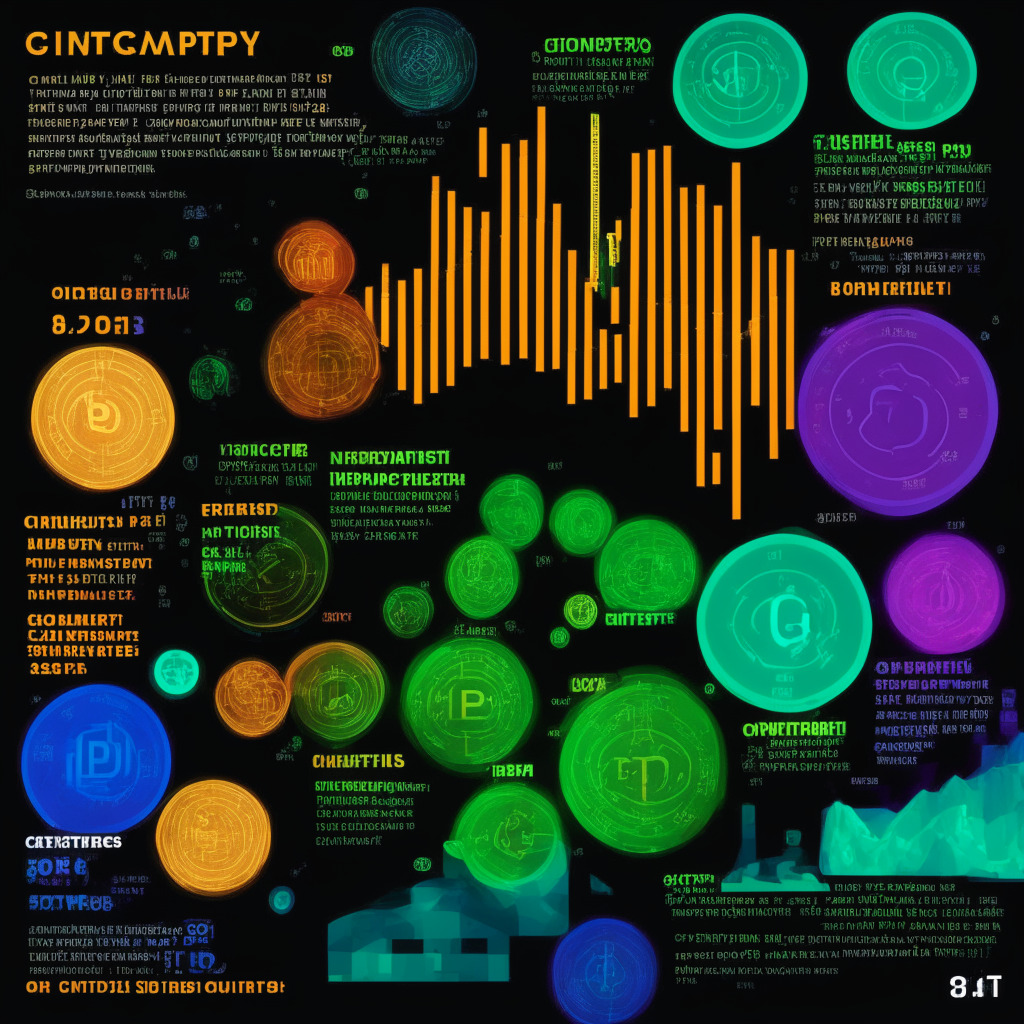The emergence of the digital era has brought with it a plethora of advancements and challenging scenarios. The latest manifestation of this dynamic is in the surging value of Bitcoin (BTC) and a host of altcoins. Following a brief slump under the critical support of $25,000, Bitcoin, the crypto kingpin, has rallied over 6%, trading just shy of $26,600, driven by upbeat Chinese retail and factory output data. However, some alternative cryptocurrencies like Solana’s SOL may face leverage liquidations and overstated price rallies due to heightened shorting.
Leading the charge on the rebound, Bitcoin Cash (BCH) added an 8% gains over just 24 hours. Also on this upward trajectory were Maker DAO’s MKR, XRP, Ether (ETH), SOL, Tron’s TRX and dogecoin (DOGE), all tracking Bitcoin’s upward climb. These tokens had previously seen substantial sell-offs based on the likely approval for the defunct exchange FTX to liquidate its multi-billion dollar cryptocurrency holdings. This recovery threatens to liquidate altcoin bears who made leveraged bets on SOL and other tokens declining due to potential sales by FTX creditors.
Amid these market movements, oversight from federal regulators remains a major consideration for the crypto industry, as evidenced by recent developments involving Binance.US. The crypto exchange is currently accused of non-compliance in a SEC probe centred around allegations that its staking, clearing, and brokerage services infringe on federal securities law. What’s more, the crypto exchange’s use of a custody service called Ceffu is under scrutiny for allegedly violating a deal aimed at preventing assets from being transferred overseas. Recent departures of high-level executives only add to the concerns surrounding Binance.US.
On the other side of the spectrum, however, Deutsche Bank is scaling up its engagement with the digital assets space. The banking giant is partnering with Swiss startup Taurus to establish digital asset custody and tokenization services. This is the latest move by traditional financial institutions exploring the potential of the blooming digital asset industry, spurred on by the launch of regulations such as Germany’s crypto-asset custody rules and Europe’s proposed Markets in Crypto-Assets regulation (MiCA).
Historical trends in the actions of the People’s Bank of China (PBOC) also give significant context to the digital asset marketplace. Their fiscal policies have a substantial influence on the crypto market, particularly in times of monetary tightening in the West.
In sum, these developments reflect the dynamism of the digital assets market, with the rise of Bitcoin and altcoins potentially contributing to leverage liquidation. Also at play are legal challenges from regulators and increasing participation from established financial institutions. These factors are shaping the path of the crypto industry’s evolution.
Source: Coindesk




